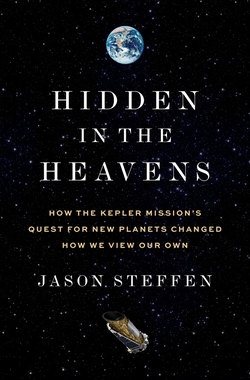Astrobiology, the study of life as a planetary phenomenon, aims to understand the fundamental nature of life on Earth and the possibility of life elsewhere. To achieve this goal, astrobiologists have initiated unprecedented communication among the disciplines of astronomy, biology, chemistry, and geology. Astrobiologists also use insights from information and systems theory to evaluate how those disciplines function and interact. The fundamental questions of what “life” means and how it arose have brought in broad philosophical concerns, while the practical limits of space exploration have meant that engineering plays an important role as well.
So goes the introduction to the Astrobiology Primer now available as a reference tool for those trying to acquire the fundamentals of this multidisciplinary subject. Ninety researchers contributed insights and information to the collaborative effort. The work ranges through stellar formation and evolution, planet detection and characterization to the evolution of life through time, and it’s hard to imagine a better way to bone up on the basics. An exotic specialty now, astrobiology will gradually become one of our most significant disciplines as we continue to find and examine the worlds that fill the galaxy in their millions.


Astrobiology 101: Where Teachers are the Students
High school science teachers learn about Astrobiology
in the ASSET program.
http://www.space.com/searchforlife/080110-seti-asset.html